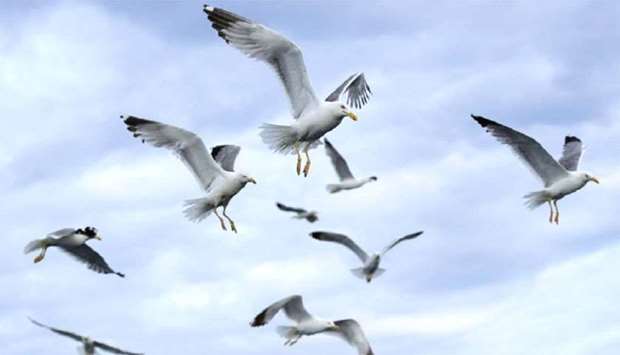Ingesting plastic debris negatively affects the blood chemistry and physiology of otherwise healthy marine birds, a scientific study has found.
The researchers analysed blood and plastic samples collected from flesh-footed shearwaters, which are declining in population and have been listed as near-threatened in Australia, on Lord Howe Island in the Pacific Ocean.
‘Plastic ingestion has been implicated in this decline but the mechanisms by which it affects shearwaters are poorly understood,’ said Jennifer Lavers, the study's main author and researcher at the Institute for Marine and Antarctic Studies.
‘Our study found that birds which ingested plastic had reduced blood calcium levels, body mass, wing length, and head and bill length.’ ‘The presence of plastic also had a negative impact on the birds' kidney function, causing a higher concentration of uric acid, as well as on their cholesterol and enzymes,’ Lavers said.
The study on the ‘sub-lethal impact’ of plastic ingestion by seabirds was published on Tuesday in the Environmental Science and Technology journal.
‘Plastic is inherently toxic. ... Once ingested, the absorbed toxins leach into the animal's bloodstream and contribute to neurological, behavioural, and reproductive problems ... and, in extreme cases, death of individuals,’ the study said.
Lavers said the simple presence of plastic is enough to cause negative consequences, ‘suggesting that any plastic ingestion is sufficient to have an impact.’

